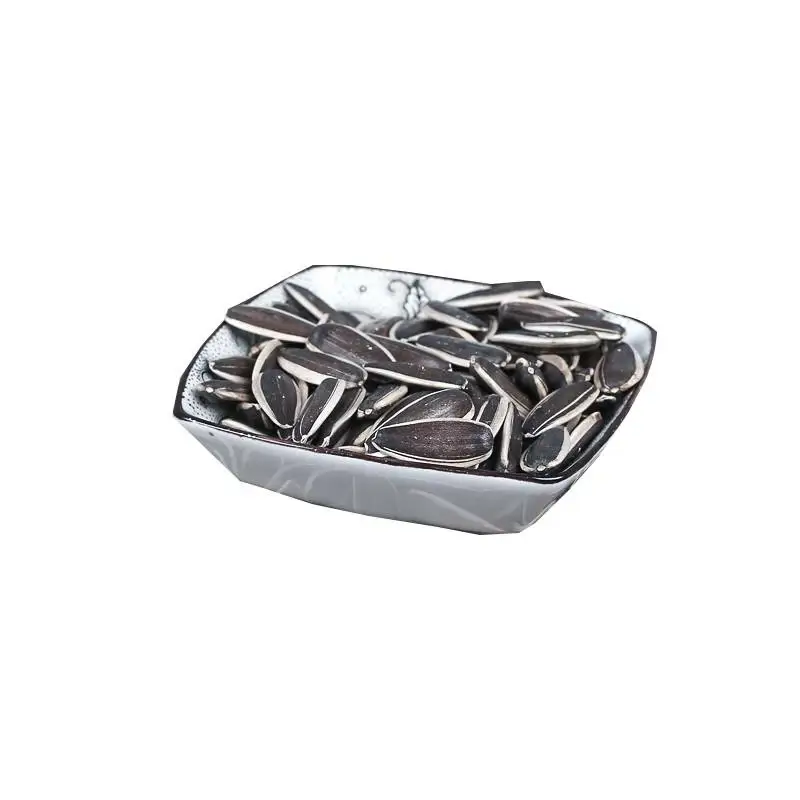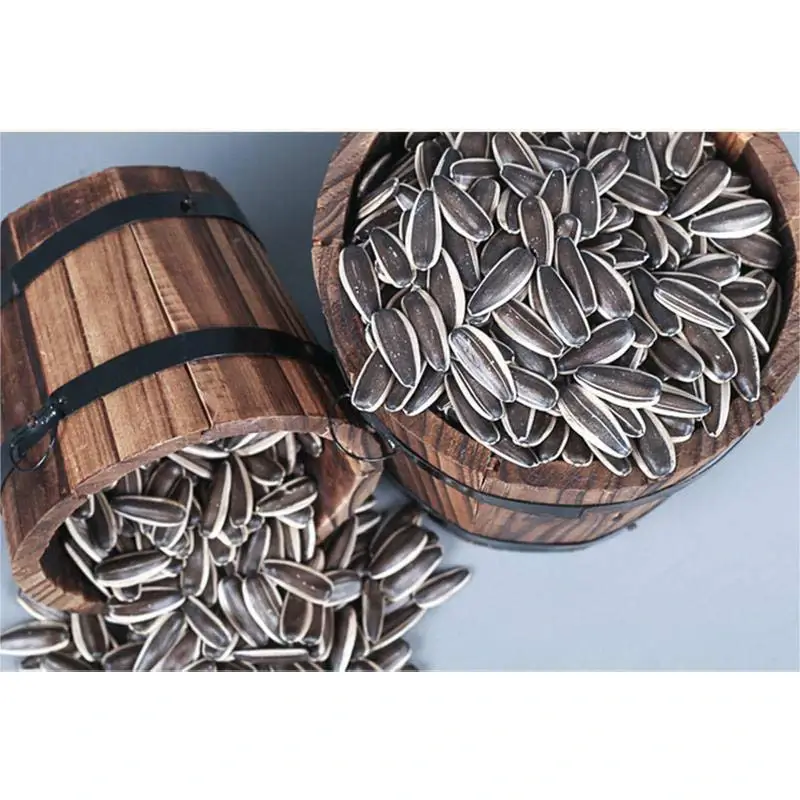-
 Afrikaans
Afrikaans -
 Albanian
Albanian -
 Amharic
Amharic -
 Arabic
Arabic -
 Armenian
Armenian -
 Azerbaijani
Azerbaijani -
 Basque
Basque -
 Belarusian
Belarusian -
 Bengali
Bengali -
 Bosnian
Bosnian -
 Bulgarian
Bulgarian -
 Catalan
Catalan -
 Cebuano
Cebuano -
 Corsican
Corsican -
 Croatian
Croatian -
 Czech
Czech -
 Danish
Danish -
 Dutch
Dutch -
 English
English -
 Esperanto
Esperanto -
 Estonian
Estonian -
 Finnish
Finnish -
 French
French -
 Frisian
Frisian -
 Galician
Galician -
 Georgian
Georgian -
 German
German -
 Greek
Greek -
 Gujarati
Gujarati -
 Haitian Creole
Haitian Creole -
 hausa
hausa -
 hawaiian
hawaiian -
 Hebrew
Hebrew -
 Hindi
Hindi -
 Miao
Miao -
 Hungarian
Hungarian -
 Icelandic
Icelandic -
 igbo
igbo -
 Indonesian
Indonesian -
 irish
irish -
 Italian
Italian -
 Japanese
Japanese -
 Javanese
Javanese -
 Kannada
Kannada -
 kazakh
kazakh -
 Khmer
Khmer -
 Rwandese
Rwandese -
 Korean
Korean -
 Kurdish
Kurdish -
 Kyrgyz
Kyrgyz -
 Lao
Lao -
 Latin
Latin -
 Latvian
Latvian -
 Lithuanian
Lithuanian -
 Luxembourgish
Luxembourgish -
 Macedonian
Macedonian -
 Malgashi
Malgashi -
 Malay
Malay -
 Malayalam
Malayalam -
 Maltese
Maltese -
 Maori
Maori -
 Marathi
Marathi -
 Mongolian
Mongolian -
 Myanmar
Myanmar -
 Nepali
Nepali -
 Norwegian
Norwegian -
 Norwegian
Norwegian -
 Occitan
Occitan -
 Pashto
Pashto -
 Persian
Persian -
 Polish
Polish -
 Portuguese
Portuguese -
 Punjabi
Punjabi -
 Romanian
Romanian -
 Russian
Russian -
 Samoan
Samoan -
 Scottish Gaelic
Scottish Gaelic -
 Serbian
Serbian -
 Sesotho
Sesotho -
 Shona
Shona -
 Sindhi
Sindhi -
 Sinhala
Sinhala -
 Slovak
Slovak -
 Slovenian
Slovenian -
 Somali
Somali -
 Spanish
Spanish -
 Sundanese
Sundanese -
 Swahili
Swahili -
 Swedish
Swedish -
 Tagalog
Tagalog -
 Tajik
Tajik -
 Tamil
Tamil -
 Tatar
Tatar -
 Telugu
Telugu -
 Thai
Thai -
 Turkish
Turkish -
 Turkmen
Turkmen -
 Ukrainian
Ukrainian -
 Urdu
Urdu -
 Uighur
Uighur -
 Uzbek
Uzbek -
 Vietnamese
Vietnamese -
 Welsh
Welsh -
 Bantu
Bantu -
 Yiddish
Yiddish -
 Yoruba
Yoruba -
 Zulu
Zulu
Geg . 27, 2025 10:38 Back to list
Premium Sunflower Seeds Suppliers Bulk Wholesale & Global Exporters
- Overview of Sunflower Seeds in Global Agriculture
- Nutritional and Economic Impact of Sunflower Seeds
- Innovations in Seed Processing Technologies
- Leading Manufacturers: Capacity and Certifications
- Customized Packaging and Export Solutions
- Case Studies: Industrial and Consumer Applications
- Why Sunflower Seeds Remain a Global Staple

(sunflower seeds)
Sunflower Seeds: A Cornerstone of Modern Agribusiness
Representing 12% of global oilseed production, sunflower seeds
drive $20 billion in annual trade. Hybrid varieties developed since 2018 yield 23% higher oil content, with drought-resistant strains expanding cultivation into semi-arid regions. Major producing nations now include Ukraine (28% market share), Russia (19%), and Argentina (15%).
Nutritional Science Meets Market Demand
Clinical studies confirm that 50g daily consumption reduces LDL cholesterol by 14%. The snack food sector accounts for 41% of commercial usage, while biofuel applications grew 200% from 2020-2023. Advanced dehulling systems achieve 99.8% kernel purity, meeting ISO 22000 standards for international food safety.
Engineering Excellence in Seed Processing
Third-generation optical sorters process 8 metric tons/hour with 0.02% defect rates. Moisture control systems maintain 8-10% seed hydration during storage, extending shelf life to 18 months. Leading manufacturers employ blockchain traceability from farm to consumer.
| Manufacturer | Annual Capacity | Certifications | Export Markets |
|---|---|---|---|
| AgriGrow Solutions | 120,000 MT | FDA, HALAL, Kosher | 35 countries |
| SeedMaster Global | 85,000 MT | ISO 9001, BRCGS | 22 countries |
| BioHarvest Ltd | 65,000 MT | Organic EU, USDA | 15 countries |
Tailored Commercial Solutions
Bulk exporters offer customizable options:
- Size grading: 8mm-15mm kernels
- Oil content: 38%-52% varieties
- Private label packaging: 500g-25kg formats
Real-World Implementation Success
A European snack company increased margins by 18% through customized 40g roasted packets. Asian biodiesel plants achieved 92% conversion efficiency using high-oil seeds. South African farms boosted yields 31% via climate-adaptive hybrids.
Sustainable Future of Sunflower Seeds
As sunflower seeds evolve into multi-industrial commodities, advanced genetic engineering promises 35% yield improvements by 2030. The global market projects 6.2% CAGR, driven by food security needs and renewable energy mandates. Continuous R&D ensures sunflower seeds remain vital for agricultural economies worldwide.

(sunflower seeds)
FAQS on sunflower seeds
Q: What are the common uses of sunflower seeds in sunflower products?
A: Sunflower seeds are used in snacks, cooking oils, and baking ingredients. They are valued for their nutritional benefits and versatility. Many products also incorporate them for their natural, nutty flavor.
Q: How do I verify the quality of sunflower seeds from sunflower manufacturers?
A: Reputable manufacturers provide certifications like ISO or organic labels. Always request product samples and check for freshness, size consistency, and cleanliness. Third-party lab testing reports can also ensure quality compliance.
Q: What certifications should a reliable sunflower seeds exporter have?
A: Reliable exporters typically hold certifications like HACCP, FDA, or GlobalG.A.P. These ensure adherence to food safety and international trade standards. Verify their export licenses and customer reviews for added assurance.
Q: Can sunflower seeds manufacturers customize packaging for bulk orders?
A: Yes, most manufacturers offer customizable packaging options, including size, branding, and materials. Discuss your requirements upfront to confirm feasibility and costs. Eco-friendly packaging is increasingly available upon request.
Q: How do sunflower seeds exporters handle international shipping and storage?
A: Exporters use climate-controlled containers to preserve seed freshness during transit. They comply with international shipping regulations and provide proper documentation. Many also offer flexible storage solutions to meet buyer timelines.
-
Premium Sunflower Seeds for Healthy Snacking & Cooking
NewsJul.25,2025
-
Premium Quality Pistachios - Fresh, Healthy & Delicious Nuts
NewsJul.24,2025
-
Premium Crab Sticks – Delicious, Easy-to-Use Seafood Snack
NewsJul.23,2025
-
Buy Bulk Sunflower Seeds Exporter – Premium Quality & Competitive Price
NewsJul.22,2025
-
Premium Melon Seeds | Nutritious Snack & Baking Ingredient
NewsJul.22,2025
-
Bulk Sunflower Seeds Suppliers | Wholesale & Export
NewsJul.21,2025
